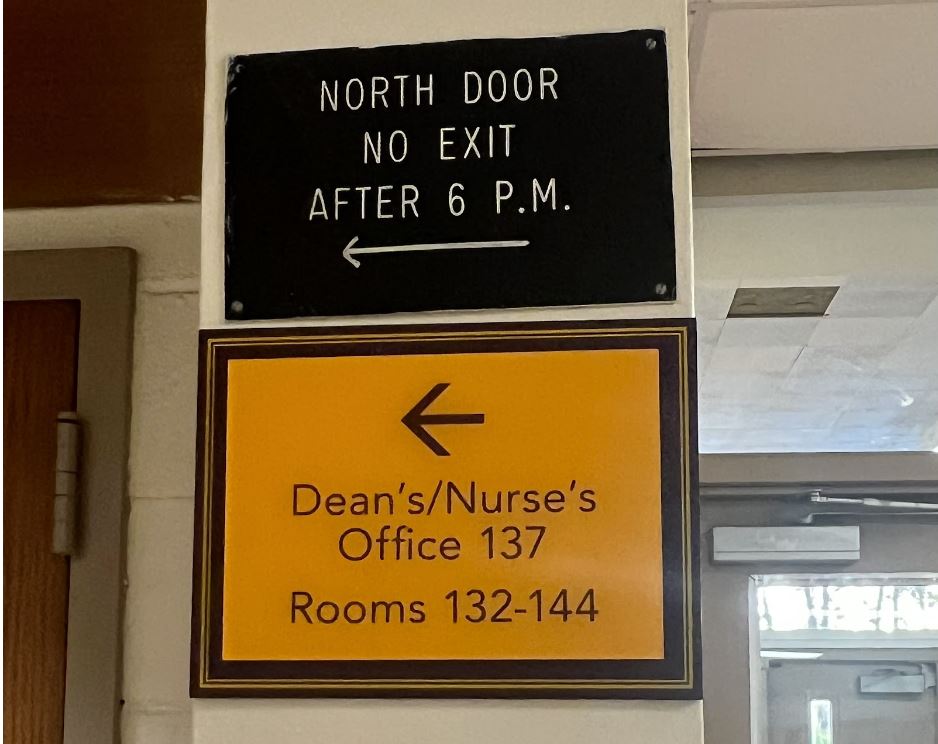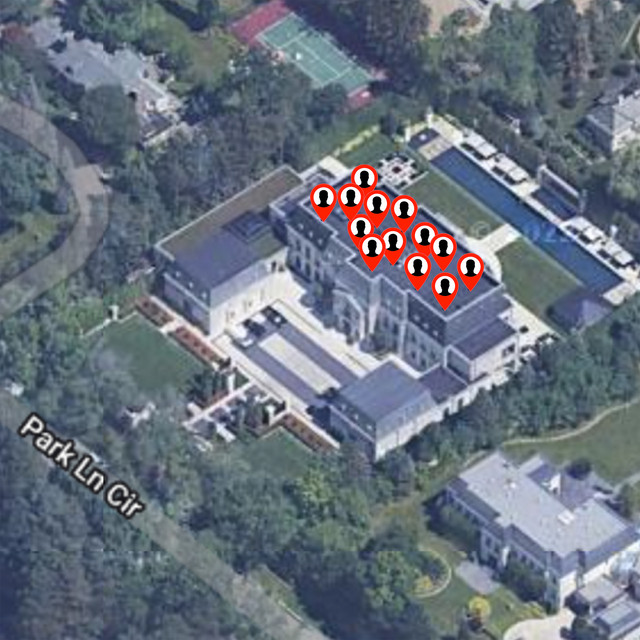Loyola Academy’s attendance policy has always been a hot topic of debate, but more recently the strict enforcement of the policies has been raising concerns among students and parents.
Loyola uses the “Excused or Unexcused” method, meaning if you have a doctor’s note or are at an event like a funeral or a college visit, then the absence is excused. However, if you are sick and did not go to the doctor or you were absent for another reason, then your absence is unexcused. You can only have 8 unexcused absences per semester per class, if you have more than that, then you will receive a failing grade and be withdrawn from classes.
This method has plenty of flaws. It majorly excludes the chronically ill. People who constantly are sick know their bodies, so if they have a flare-up in their condition they have to choose if they waste a doctor’s time to receive an excused absence, settle for the unexcused absence, or stay at school sick to maintain attendance.
Another flaw is the diminished responsibility. Students should be encouraged to make responsible decisions for their own education. An overly strict policy undermines the important aspects of development and freedom.
Another flaw of the strict policies is the potential for false reporting. Students resort to dishonesty to meet attendance requirements, like faking sick instead of just taking a mental health day in fear of being punished by the administration.
However, these policies do have some upsides. The action of skipping has been reduced at Loyola Academy. In comparison, schools like New Trier, North Shore Country Day, and Evanston Township High School have a much higher rate of skipping compared to Loyola Academy because of their strict attendance policies.
Another upside to these rules is improved academic performance. Students are more likely to succeed in school if given consistent instruction and teaching. Loyola Academy’s policies make sure the student is in class instead of wandering the halls.
One more upside is the preparation it gives for future responsibilities. Being punctual and responsible for attendance prepares students for college and adulthood, where they need to show up for commitments regularly in order to succeed.
Overall, Loyola’s attendance policy does restrict lots of different kinds of people when it comes to absences. If you are chronically ill these policies are not going to be on your side, but if you are someone who does not need to take many absences, these policies will help you not feel tempted to skip.
A way to combat the restrictions for people with health problems would be to make new policies for these individuals. If the proper health documents stating the student has a chronic condition are handed into the school, they should be able to have an increased number of unexcused absences or their absences taken for their chronic illness should be excused.
Using this method, those who are chronically ill receive the opportunity to rest instead of coming to school feeling terrible. These people don’t need to worry about only taking a certain amount of days off for their illness per semester in order to maintain school attendance.






